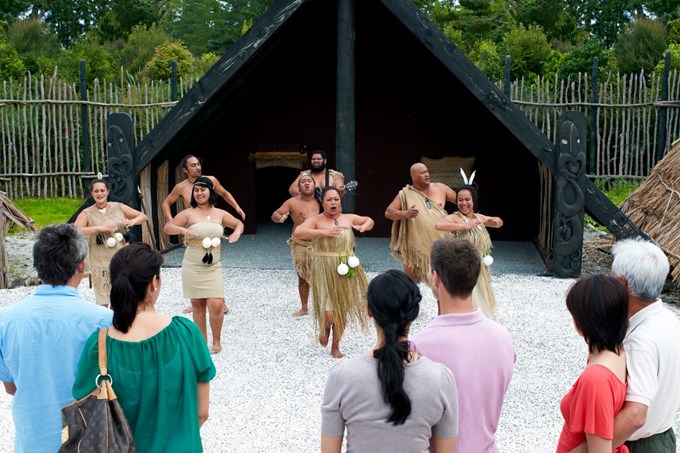New research delving into the minds of New Zealand’s young people has uncovered some fascinating insights into what they think about working in tourism and who influences that thinking.
Tourism is our number one export earner, worth $36 billion annually and directly employs more than 230,000 people. In Auckland alone, projections out to 2021 are forecasting a 27 per cent increase in the number of jobs in the sector, with an estimated 76,000 Aucklanders working in the industry within the next three years.
However, with industry concerns growing around skills shortages and with one in eight young people aged under 25 not ‘earning or learning’*, Auckland Tourism, Events and Economic Development (ATEED) and Tourism Industry Aotearoa (TIA) wanted to understand what New Zealanders, particularly young people, think about working in tourism.
Getting more young people into a career in tourism
TIA has identified ‘People and Skills’ as being critical to meet the goals of the industry’s Tourism 2025 Framework, developing a supporting strategy which recognised the importance of this issue. It acknowledges that attracting young people to the sector is key to helping alleviate the shortages.
Likewise, the recently launched Destination AKL 2025 strategy, spearheaded by ATEED, has listed getting more young people into a career in tourism as one of the key strategic imperatives towards developing a sustainable visitor economy in Auckland.
Released today, the nationwide research offers new insights for industry employers and educators so that they can attract more young people, and effectively retain and develop them into sustainable career pathways.
ATEED Chief Executive Nick Hill says as Auckland’s economic development agency, ATEED is charged with supporting the growth of quality jobs across the region.
“Tourism has been enjoying a period of unprecedented growth internationally, creating huge demand for labour across the tourism and hospitality sector and some exciting career opportunities as a result,” he says.
“However, while those in the industry know that tourism is a viable and attractive career option, the reality is that many young people and their parents have a contrary view. By understanding what young people think about a future in tourism it will help the sector shape more effective recruitment and retention strategies.”
TIA Chief Executive Chris Roberts says the tourism industry offers a huge range of jobs and career pathways to young people, from frontline customer service roles, to back office business-focused positions. Positions are available in every region, often in locations where few other opportunities exist.
“Whatever your passion, you can have your career in tourism. And for the sustainable success of our industry, we need to attract talented young people so that we can offer world-class experiences to our visitors. TIA plans to use the insights from this research to create a strategy to attract young people to pursue career and work opportunities in tourism.
“Tourism has been more successful in marketing New Zealand to visitors than promoting itself as a career destination to young New Zealanders. This now needs to change.”
Key findings from the research included:
Positive
- Young people studying and working think tourism is an important part of the economy
- Three-quarters of recent tourism recruits find the industry appealing to work in
- Tourism is growing and there are lots of opportunities
- No qualifications required, you can jump straight in
- It’s an experience-based industry so you can work your way up
- Others will think your job is fun, interesting and exciting
- You’ll work with outgoing, passionate and easy-going people representing New Zealand
- Huge variety; you don’t need to be bored or stuck in an office
Challenges/perceptions
- Tourism jobs have average pay
- Tourism jobs are low-status, anti-social and temporary
- Limited career pathways
- A tourism career is difficult to imagine. It’s a hard-sell to parents * At school, tourism is viewed as an easy subject
- Unambitious people go into tourism
- Career advisors aren’t strong tourism advocates.
The full insights and reports are available online or download a summary of the research.


